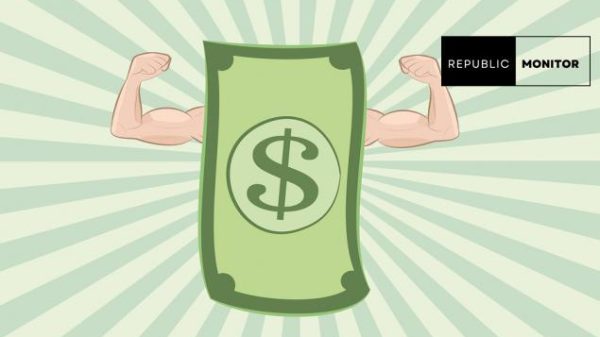Amid record rises in property values in Summit County and across Colorado, local and state authorities unveiled proposals to mitigate the property taxes increases that homeowners and landowners might otherwise face next year.

Addressing Property Taxes Concerns
Summit County commissioners Tamara Pogue and Josh Blanchard, as well as assessor Lisa Eurich and senator Dylan Roberts, participated in a meeting on June 27 at the Colorado Mountain College campus in Breckenridge to hear concerns and questions from locals.
Every two years, during the so-called “appraisal period,” county assessor’s offices undertake valuations that serve as a basis for a portion of the property taxes. This sum indicates the worth of a house, a business, or undeveloped land. It is subsequently multiplied by a state assessment rate and then by municipal mill taxes, which finance a number of regional initiatives.
The final amount that tells property owners how much tax they will have to pay.
“This reappraisal, we saw a lot of price appreciation happening at a very rapid rate right after the pandemic,” made by assessor Lisa Eurich, indicates that there was a significant increase in property values following the COVID-19 pandemic. Whose agency just received the most complaints to property valuation—more than 7,300—in almost 15 years.
Rising Property Tax and Concerns for Lower-Income Residents
A dearth of housing supply and strong demand in the county are driving forces behind the growth in property values. Which continue to remain around $2 million for a single-family house, according to Eurich.
According to Eurich’s administration, housing prices have increased by 63% on average since 2021, with some values significantly higher. The average growth of vacant land is 90%, with rises as high as 300%.
Officials are especially worried about the impact that hefty tax bills may have on lower-income residents. Such elderly on fixed incomes who purchased their homes years before their value skyrocketed.
“This is 1,000 papercuts to the heart. Many locals who have been residents for a long time are already dealing with the effects of inflation. And this just makes it worse, according to Pogue.
















